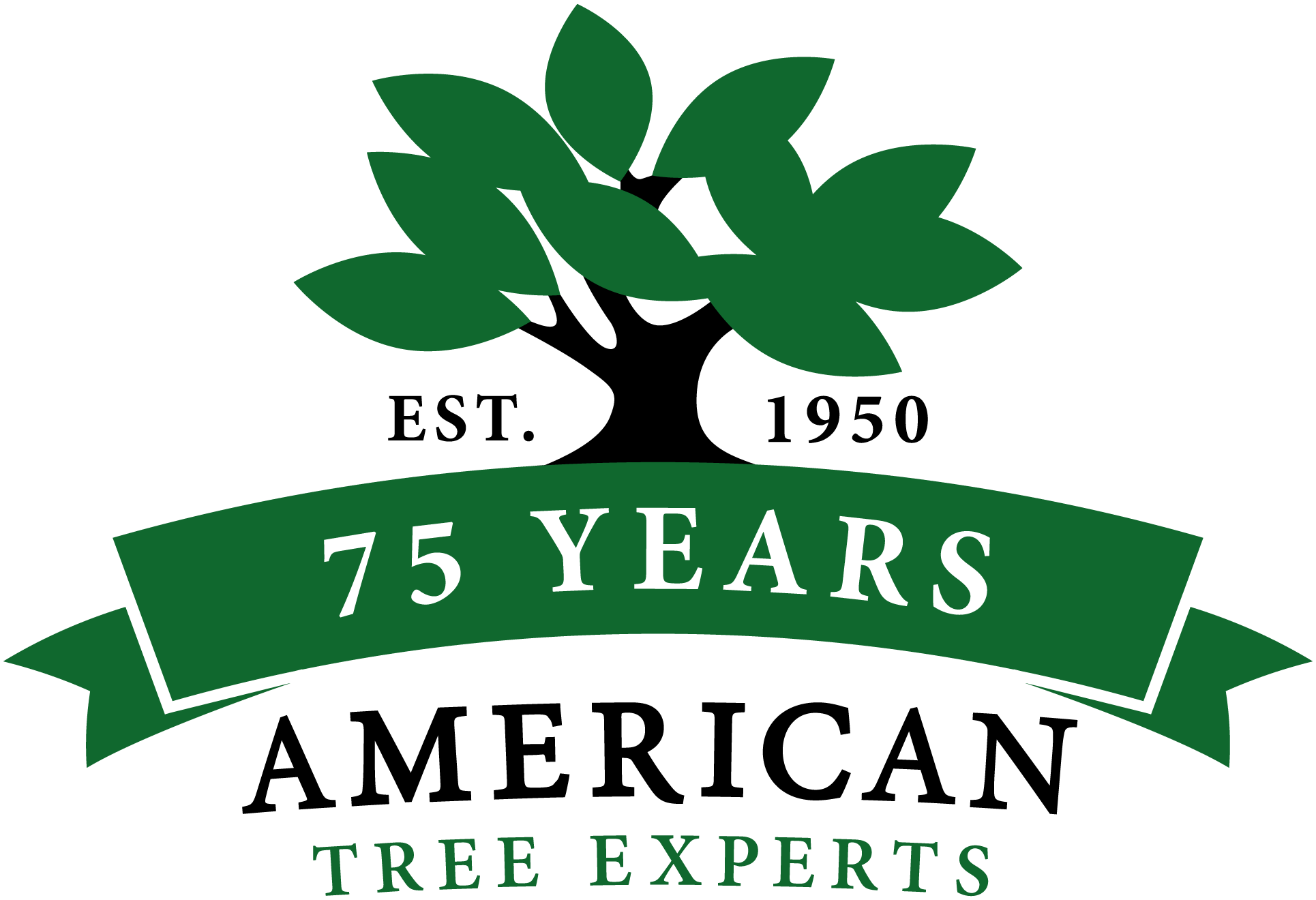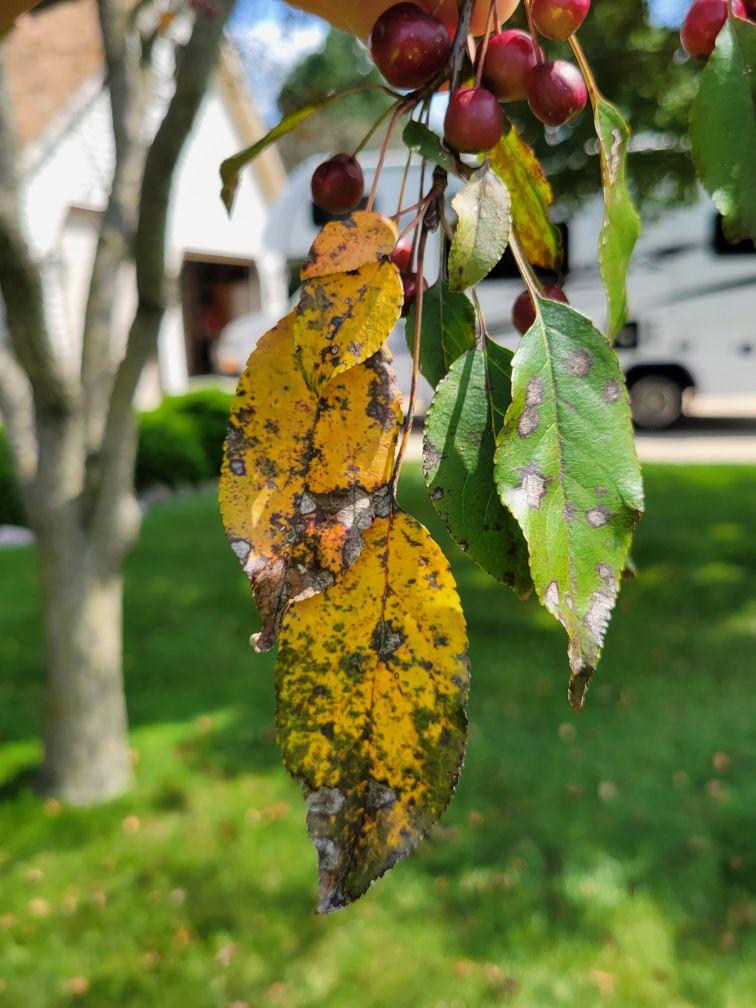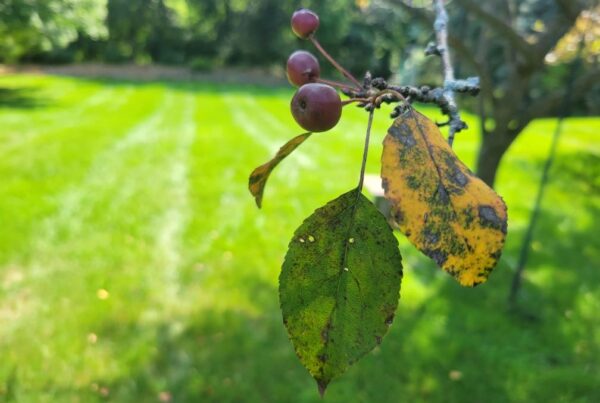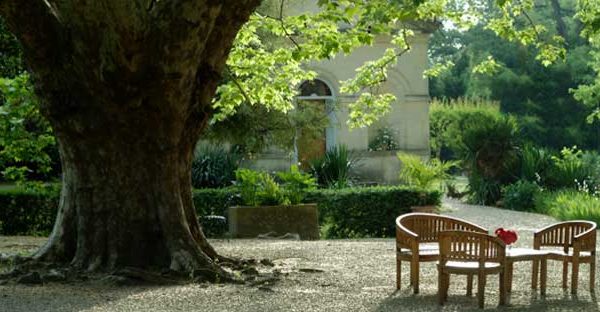Protecting trees against foliar diseases like apple scab is top of mind for American Tree Experts.
ATE’s Dean Ziemienski says that many of the crabapple trees that were treated for apple scab in the spring of 2024 still showed some level of infection – though not nearly as bad as susceptible trees that went untreated.
“People are calling us saying they lost all of the leaves on their trees,” Ziemienski says. “It was constantly raining. Crabapple trees are more susceptible to apple scab in wet conditions. As a result, we started seeing severe apple scab as early as June. We don’t usually see it until late July or August.”
According to the National Weather Service, June 2024 was the wettest June on record for Wisconsin. The combined May-to-June rainfall of more than 12 inches set a new rainfall record statewide. Ziemienski says apple scab primarily affects crabapple and apple trees, though the serviceberry (a popular ornamental tree), hawthorns, and pear trees can also succumb to the disease.
“The apple scab stays in the foliage, so once the leaves drop off it will no longer affect the tree, however, susceptible trees are prone to having foliage reinfected year after year and the compounding effects of this can be detrimental.
Apple scab can spread from last year’s leaves when they fall to the ground. ATE encourages people to remove the infected foliage off site, but that only provides limited defense. To prevent infection, Ziemienski says it’s important to set up treatments now for early 2025.
“Apple scab is most effectively controlled with early spring treatments when the fungal spores are most prevalent,” he adds. “The best time is after initial leaf out, with additional treatments 7 to 14 days apart.
The treatment includes three applications for each affected tree, though if it’s a dry spring, Ziemienski says two applications may be adequate. Regular pruning is also important to control the disease by thinning out the canopy to allow for better airflow and quicker drying times, which makes for a less favorable environment for apple scab.
To schedule your apple scab treatments for next spring, contact American Tree Experts.




